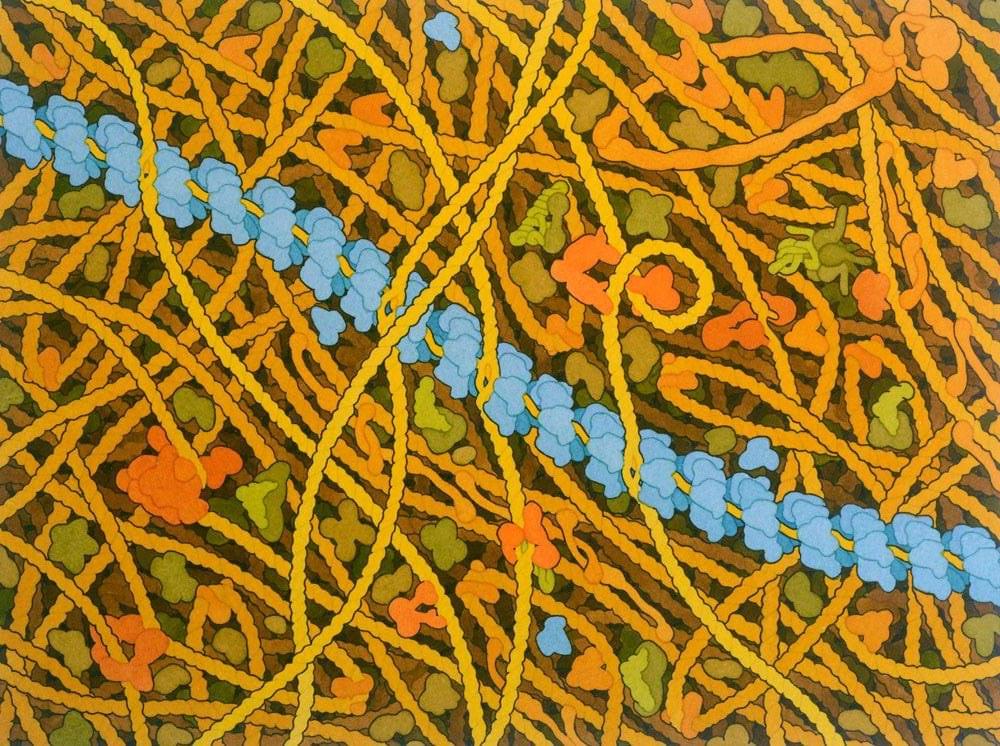The label on RecA together with fluorescent markers on the DNA allows the researchers to follow every step of the process accurately; for example, they conclude that the whole repair is finished in 15 minutes, on average, and that the template is located in about nine. Using microscopy, Elf and his team investigate the fate of the break site and its homologous copy in real-time. They also find that the cell responds by rearranging RecA to form thin filaments that span the length of the cell.
How the cell can mend broken DNA
DNA, or deoxyribonucleic acid, is a molecule composed of two long strands of nucleotides that coil around each other to form a double helix. It is the hereditary material in humans and almost all other organisms that carries genetic instructions for development, functioning, growth, and reproduction. Nearly every cell in a person’s body has the same DNA. Most DNA is located in the cell nucleus (where it is called nuclear DNA), but a small amount of DNA can also be found in the mitochondria (where it is called mitochondrial DNA or mtDNA).
